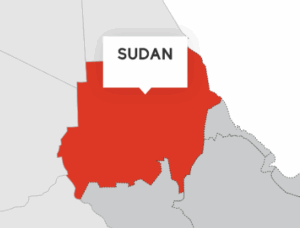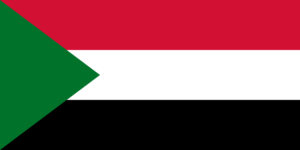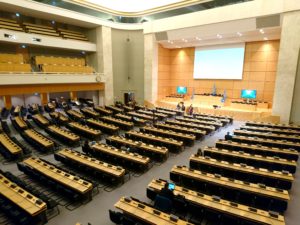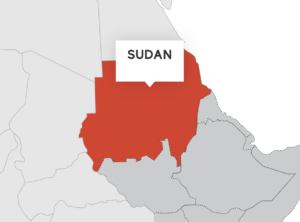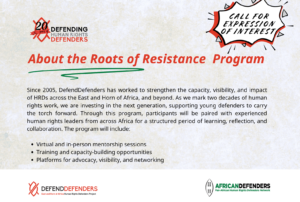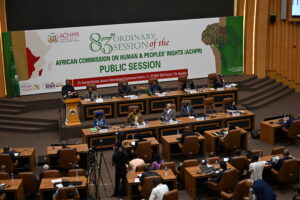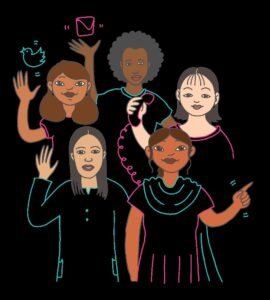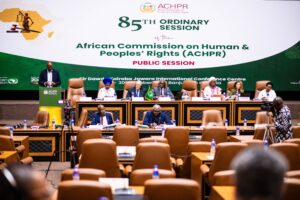
Reflections on the 85th Ordinary Session of the African Commission on Human and Peoples’ Rights (ACHPR85)
Our 14-member delegation’s engagement at the session and in the preceding NGO Forum under the African Union’s 2025 theme, “Justice for Africans and People of African Descent through Reparations,” was guided by a commitment to amplify the voices of HRDs across Africa.

